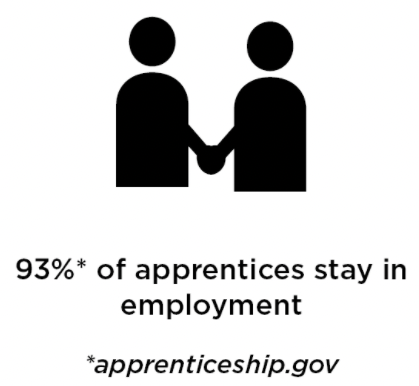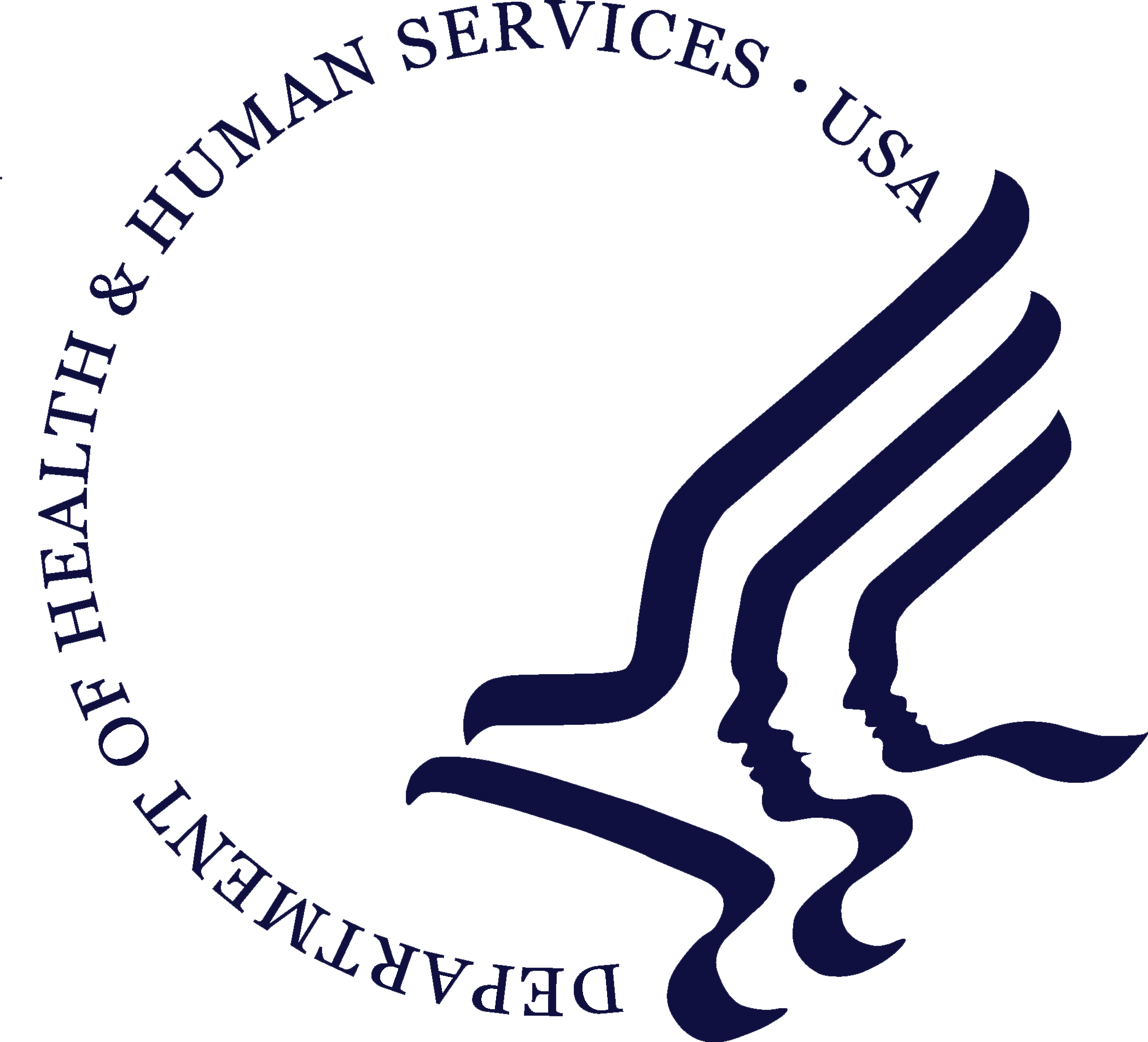Trauma-Informed FlourishCare™ Paraprofessional Program

Are You Interested in a Career Path in Community Health or Social Work?
The Trauma-Informed Flourishcare™* Paraprofessional Training Program prepares participants for a career in behavioral health. It emphasizes recovery for people with substance use and other mental health needs throughout Kentucky
Why become a community health worker? Hear what our program participants have to say here!
Interested parties can apply for the Pre-Apprentice Training Program, a six-month paid internship open to U.S. residents or permanent citizens of any age with a high school diploma or GED.
PROGRAM DETAILS:
- Duration of six months
- Approximately 130 hours classroom and experiential learning
- $5,000 living stipend
- Earn the KY Adult Peer Support Specialist Certification, if participant has lived experience with mental health, trauma, or substance abuse
- Following application review, select candidates will be invited to interview.
Program graduates may continue to the Apprenticeship Program, which includes career placement services and career pathway opportunities.
PROGRAM DETAILS:
- Full-time employment with benefits at a primary care site
- 72 hours of virtual classroom learning
- $7,500 living stipend
- Continued training and certifications: Community Support Associate and Trauma-Informed FlourishCare™ Community Health Worker
- Year of work experience in the behavioral health field

 "This program has given me the tools needed to succeed in my own personal recovery as well as helping other people...I had discovered many different skills I didn't even realize I had. Now being in the apprenticeship stage of the program I can use the skills I learned in the beginning to help my patients and to advocate for them better." "This program has given me the tools needed to succeed in my own personal recovery as well as helping other people...I had discovered many different skills I didn't even realize I had. Now being in the apprenticeship stage of the program I can use the skills I learned in the beginning to help my patients and to advocate for them better."
Somerlin Cheek, Apprenticeship Cohort 1
 "It amazes me how much I've learned throughout this journey. It has not only helped me with my mental health but also has taught me a better understanding of my kids’ mental health and everyone else around me. It has been a joy learning everything so far." "It amazes me how much I've learned throughout this journey. It has not only helped me with my mental health but also has taught me a better understanding of my kids’ mental health and everyone else around me. It has been a joy learning everything so far."
Nicole Presley, Apprenticeship Cohort 1
An apprenticeship is just one path for pre-apprentices who have completed training. Participants can pursue a variety of options:

 "I am now attending UofL’s Kent School of Social Work for my BSW degree and currently working for the Knox County Attorney’s Office where I am continuing to further my education and help other people in my community that have need. I would highly recommend this program to anyone who seeks to make a positive change in their lives and in the lives of those around them." "I am now attending UofL’s Kent School of Social Work for my BSW degree and currently working for the Knox County Attorney’s Office where I am continuing to further my education and help other people in my community that have need. I would highly recommend this program to anyone who seeks to make a positive change in their lives and in the lives of those around them."
Jobeth Stone, Pre-Apprenticeship Program Graduate
QUESTIONS?
Contact Natalie Gober, Program Manager
[email protected]
*The University of Louisville Trager Institute Trauma-Informed FlourishCare™ Paraprofessional Program is funded by the University of Louisville Rural Integrated Behavioral Health and Primary Care Training Network and will reach individuals who have experienced trauma and behavioral health challenges across their lifespan in three high-need and high-demand regions in Kentucky.
Trauma-Informed Care (TIC) promotes a culture of safety and empowerment to help people heal from trauma and adverse childhood experiences (ACE’s). Many people who experience ACE's as children can recover from trauma with behavioral health support. Learn more about how trauma in childhood is determined with the ACE questionnaire.**
**Please be aware this questionnaire may trigger certain individuals who have experienced trauma. If this happens to you, speak with your Primary Care Physician or a trauma-informed therapist.
 The UofL Trager Institute is approved by the Kentucky Department for Public Health Office of Community Health Workers to provide Foundational (Tier 1) training for Community Health Workers. The UofL Trager Institute is approved by the Kentucky Department for Public Health Office of Community Health Workers to provide Foundational (Tier 1) training for Community Health Workers.
 This project (M01HP424540) is supported by the Health Resources and Services Administration (HRSA) of the U.S. Department of Health and Human Services (HHS) as part of an award totaling $2,216,000 with 0 percentage financed with non-governmental sources. The contents are those of the author(s) and do not necessarily represent the official views of, nor an endorsement, by HRSA, HHS or the U.S. Government. This project (M01HP424540) is supported by the Health Resources and Services Administration (HRSA) of the U.S. Department of Health and Human Services (HHS) as part of an award totaling $2,216,000 with 0 percentage financed with non-governmental sources. The contents are those of the author(s) and do not necessarily represent the official views of, nor an endorsement, by HRSA, HHS or the U.S. Government.
|